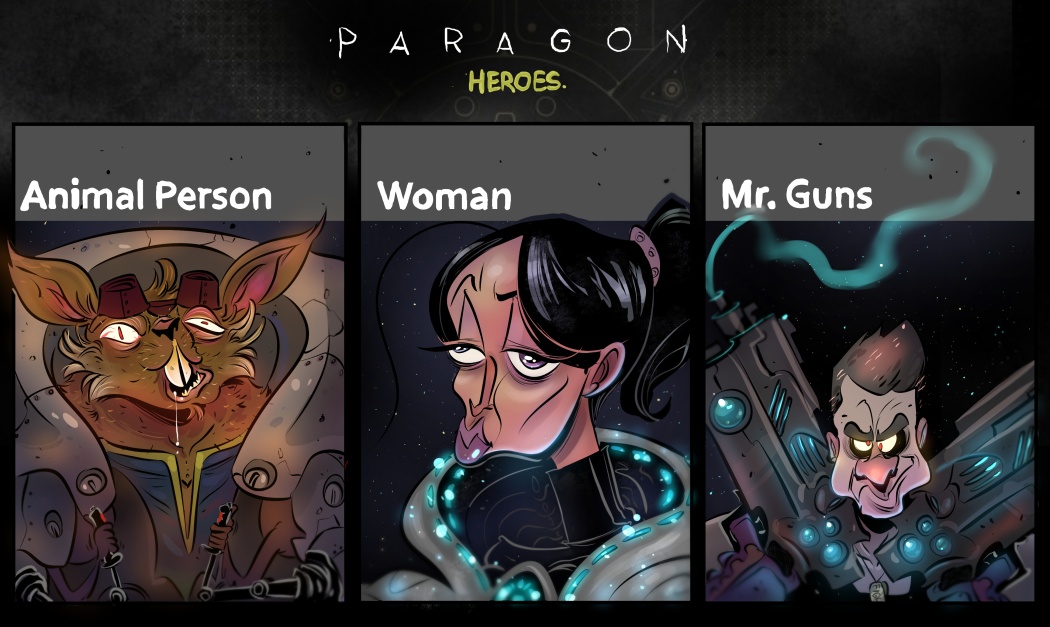I told Gabriel a Joystiq operative had played Mario Party 8 in Japan recently. Much of the entry is given over to an exhaustive description of Hotel Chan-Chan, a "love house" where the author spent his time (and, apparently, several thousand dollars). But in the slender margins of that erotic journal we do get an idea what the Wii could mean to the franchise.
You should know that at the mere mention of Mario Party, be it the Eighth Version or any other entry, Gabriel begins to curse and sweat. He is philosophically opposed to what he perceives as the series' communist ideals: between the game's aggressively random nature and its deep-seated compulsion to reward mediocrity, he hardly feels like he's playing a "game" at all. Rather, he feels as though he is flipping a coin via some elaborate, unaccountable mechanism - a single coin that takes an hour to flip. It is his belief that there are other things he could be doing.
For example (and this is just something I came up with off the top of my head) he could be playing a game where his input is correlated with the outcome. In some way.
He and I play games for different reasons, as long-time readers are aware, and even when we like the same game we typically don't like the same things about it. At a very high level, he likes to win games and I like to play them. So I love the series, sometimes for the same reasons he detests them: the random elements keep the balloon in the air a little longer than a purely skill-based mechanism would.
Mario Party represents a unique social proposition, one of the key virtues I endorse in the medium. I've been trying to figure out why I track so weird with established gaming sites, and to try and do so in a way that is actually somewhat mature, and I believe it's because their internal conception of themselves as consumer advocates causes them to champion different values.
They aren't values I'm opposed to, but they're weighted differently. A peek over the Phoenix Wright scores will illustrate what I'm talking about. I prize Innovation, and will typically accept Novelty in place of it, but I don't prize it to the exclusion of other virtues. The second game in this series - at any rate, the second one to arrive in the States - will be one of the best written games this year. But because it is merely an excellent, well-paced, often hilarious story that is executed with precision, you're seeing it trudge glumly through The Valley Of Seven. Even though Capcom was careful to do the Annual Franchise twiddling that the gaming journalism edifice demands by incorporating Psyche-Locks and new evidence options, they apparently did not heap their offerings high enough on the altar. When counseling people on a purchase, the ability of that title to offer new gameplay scenarios is certainly a consideration. But if you think that there is a dearth of Innovation in this industry, and that its scarcity confers upon it the high value that other rare materials command, I urge you to seek out a well-written narrative. You will find an industry in crisis.
I often find that I agree with the bodytext of a given piece and then once I arrive at the distilled score there's no way to derive it from the original work. This is because while the body includes useful, interesting information and perspective the score is often used to cement the review in the overall editorial philosophy. Scores are ridiculous and facile, and they are insulting to the reader - they say in clear terms that you are incapable of discerning the meaning of the text above or below. But publishers need those succinct scores, and the sites need the publishers' money, so if you want to know what keeps things this way there you have it.
(CW)TB out.
